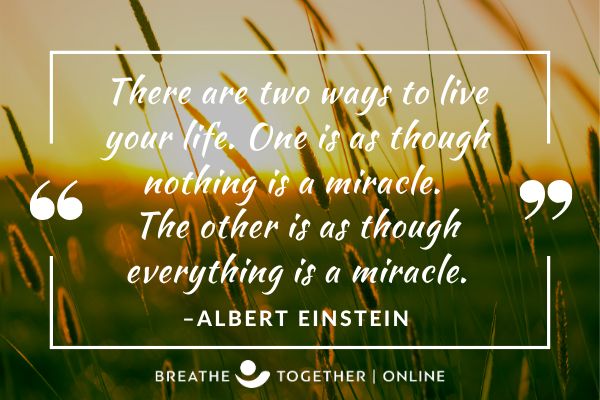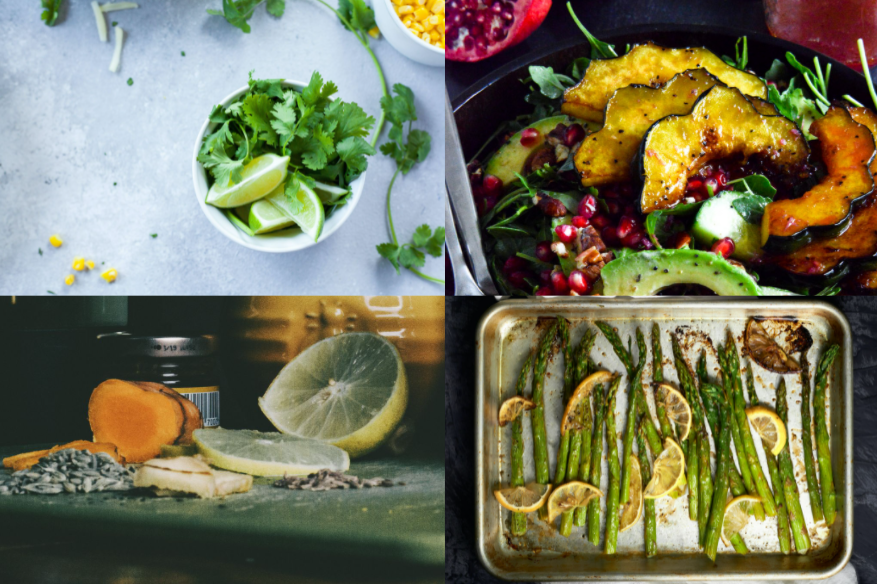Gratitude has the power to exponentially transform our physical health and well-being. From ancient practices to modern research, gratitude has been regarded as a powerful, emotional state that evokes deep appreciation, gratefulness, and thankfulness within ourself and for others.
Research studies show that gratitude reduces depression, PTSD incidents, and toxic emotions, such as envy and resentment, while improving our mood, personal resilience, interpersonal relationships, and well-being. Writing in a gratitude journal, or expressing gratitude, creates physical benefits; including, reduced physical pain, chronic fatigue, improved sleep, and increased cardiac function. Researchers have found that the more we dwell on a negative thought, the more entrenched the thought becomes in our brain chemistry. This is why depression, anxiety, and obsessions are difficult to heal. Fortunately, neuroscience research shows that by reframing our interpretations and applying positive habits to achieve our goals, we can rewire our brains.

So, what gets in the way?
- The brain’s negativity bias. As Neuropsychologist Rick Hanson says, “The mind is like Velcro for negative experiences and Teflon for positive ones.” Rather than looking at what is right in our experience, we look for what’s wrong. When my clients receive performance feedback, they often remember the negative feedback and question their capabilities, creating imposter syndrome. To overcome this obstacle and cultivate more confidence, we train our mind to look for the good.
- Comparing ourselves to others. Media bombards us with perfect images of what success and happiness look like, whether having the perfect bodies, successful careers, or financial wealth. It’s no wonder why depression and mental health issues escalated 33 percent between 2013 and 2016, according to a BlueCross BlueShield report. When we compare ourselves to others, we reinforce the negativity bias and scarcity mindset of not being pretty, smart, talented, or rich enough. This perpetuates a downward spiral of negative thinking, which impacts our motivations, health, relationships, and job performance. Of course, there are times when comparison can inspire us to move to the next level of our careers, leave an unhealthy relationship, or go after our dreams with more conviction. However, when comparison is driven by judgment, it separates us from the other person and our inner wisdom. To overcome this obstacle, examine whether your expectations are maintaining the status quo – or overly ambitious – and reset your expectations to create a more realistic sense of accomplishment.
- Holding on to regrets or resentments. We have all experienced adversity, hardships, or disappointments that deeply hurt us. Pain can be unbearable and paralyze us to trust our instincts. When left unattended, hurt manifests into anger, resentment, hatred, or other negative emotions that block us from experiencing gratitude, or our heart desires. Harboring negative emotions long-term closes our hearts or eventually manifests as dis-ease in our bodies. As Cell Biologist Bruce Lipton’s research shows, “Our thoughts control our DNA,” which may impact our mental and physical well-being. Forgiveness and gratitude are antidotes for releasing regrets and resentments. When we wholeheartedly forgive ourselves or other people, we connect to a deeper state of understanding, love, and compassion.
“When comparison is driven by judgment, it separates us from the other person and our inner wisdom.”
Gratitude Practices:
- Keep a gratitude journal. Create a ritual of writing down at least five gifts you receive each day.
- Count your blessings. Reflect on your life. Write down your blessings, challenges, and learnings. Identify the gift in each challenge. This will train your brain to reinforce more positive experiences and transform regrets and resentments into wisdom, gratefulness, and motivation.
- Express your appreciation. Think about the people that have impacted your life in a positive way. Write a “thank you” note, surprise them with a gift, or call them to express your gratitude and appreciation. This will open your heart and strengthen your relationships.













